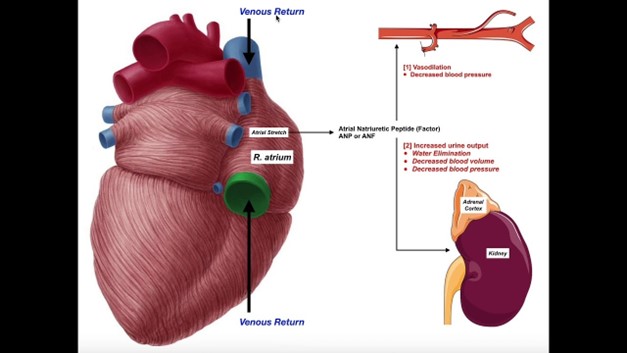A primary immune response, and a secondary immune response:
Occurs only in children; occurs only in adults.
Is very rapid in producing antibodies after exposure to antigens; is very slow in producing antibodies after exposure to antigens.
Produces antibodies within five to ten days of exposure to antigens; produces antibodies within a day or two of subsequent exposure to the same antigen.
Is very important; is less important to the body’s ability to protect itself.
The Correct Answer is C
It explains that the primary immune response produces antibodies within five to ten days of exposure to antigens, while the secondary immune response produces antibodies within a day or two of subsequent exposure to the same antigen.
This is because the primary immune response involves the activation and differentiation of naive B cells into plasma cells and memory cells, while the secondary immune response involves the rapid activation of memory cells into plasma cells.
Choice A is wrong because the primary and secondary immune responses can occur in both children and adults.
Choice B is wrong because the primary immune response is slower than the secondary immune response in producing antibodies.
Choice D is wrong because both primary and secondary immune responses are important for the body’s ability to protect itself from pathogens.
The primary immune response generates immunological memory, while the secondary immune response provides a faster and stronger response to repeated infections.
Nursing Test Bank
Naxlex Comprehensive Predictor Exams
Related Questions
Correct Answer is D
Explanation
Atrial natriuretic peptide (ANP) is a hormone secreted by the heart when the atria are stretched by high blood pressure or volume.

ANP has multiple effects, such as increasing urine and salt excretion, lowering blood pressure, and opposing the renin-angiotensin-aldosterone system.
Therefore, ANP inhibits the release of renin and aldosterone, which are hormones that increase blood pressure and sodium retention.
Choice A is wrong because ANP is not released from the adrenal cortex but from the cardiac atria.
ANP does not stimulate atrial hormones but rather inhibits them.
Choice B is wrong because ANP is not stimulated to release when blood volume decreases, but when it increases.
ANP acts to reduce blood volume by promoting diuresis and natriuresis.
Choice C is wrong because ANP does not raise blood pressure, but lowers it. ANP acts as a vasodilator and reduces peripheral resistance.
Correct Answer is D
Explanation
It is measured as part of a blood test and depends on the number and size of red blood cells. It is normally 40.7–50.3% for males and 36.1–44.3% for females.
Red blood cells contain hemoglobin, which transports oxygen and nutrients to the cells and tissues of the body.
Choice A is wrong because the color of plasma is not hematocrit.
Plasma is the liquid part of blood that carries blood cells and other substances.
Choice B is wrong because hematocrit is not a disease.
It is a test that can indicate conditions such as anemia or polycythemia.
Choice C is wrong because hematocrit is not a clotting factor.
Clotting factors are proteins that help the blood to clot and prevent bleeding.
Whether you are a student looking to ace your exams or a practicing nurse seeking to enhance your expertise , our nursing education contents will empower you with the confidence and competence to make a difference in the lives of patients and become a respected leader in the healthcare field.
Visit Naxlex, invest in your future and unlock endless possibilities with our unparalleled nursing education contents today
Report Wrong Answer on the Current Question
Do you disagree with the answer? If yes, what is your expected answer? Explain.
Kindly be descriptive with the issue you are facing.
